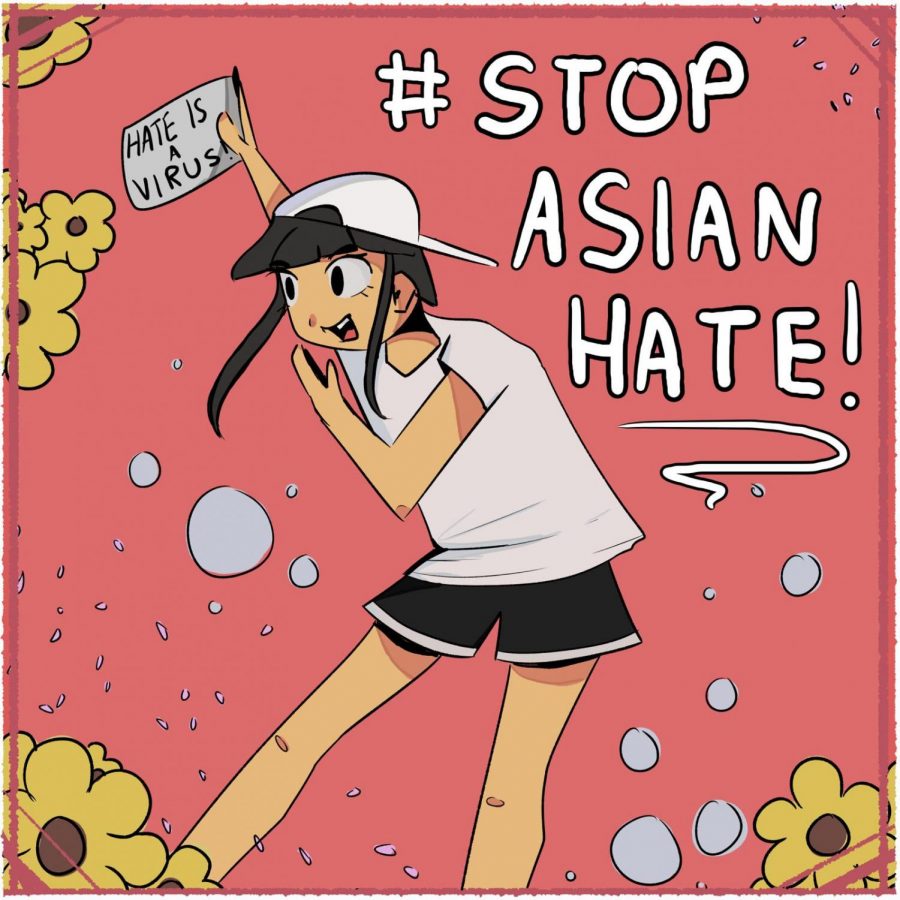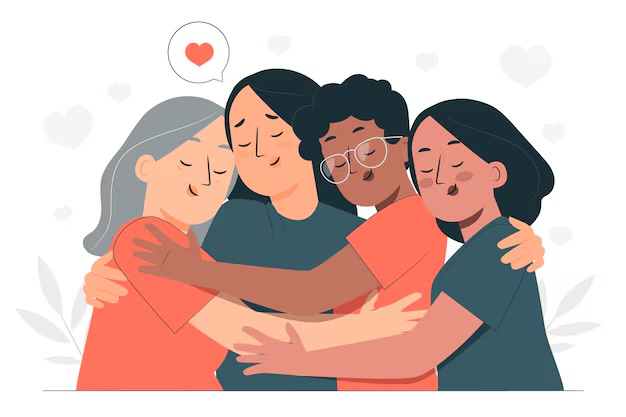Anti-Asian discrimination needs to stop
April 5, 2021
I wrote an article around this time last year, highlighting some of the horrid violence against Asians during the rise of the pandemic. Asians of all ages around the world are getting abused, both verbally and—more prominently—physically. To reiterate what I stated in that article, this type of hatred and violence is not something new. Anti-Asian discrimination is so embedded into our culture, it would be unfathomable to imagine a world without it.
Looking back into our own nation’s history, the Chinese Exclusion Act of 1882 was an extreme act of discrimination towards Asians. This act excluded Chinese immigrants from entering the country while also preventing the Chinese immigrants, who were already in America, from becoming citizens. Almost 140 years later, discrimination towards Asians from all countries is even more prevalent. In a country where freedom of speech and expression is regularly celebrated, especially through the use of protests, the fight for racial justice is spreading rapidly; yet we are still seeing an increase in hate crimes against Asians. We’ve progressed as a society in multitude of ways—from increased rights for the LGBTQ community to equality for women—but it’s time to take action and responsibility for the growing hate and abuse of the Asian community.
Growing up in Lancaster, a predominantly white county, as a non-white resident, I’ve been fortunate enough not to have experienced racial segregation on a large scale. There have been scarce reports on major Anti-Asian crimes in this area, but unfortunately, this is not the case for every county in the country.
The horrifying shooting of eight people on Tuesday, March 16 in Atlanta, Georgia is just one example of extreme aggression and hate towards Asian Americans. Of the eight victims, six of them were Asian women. Regardless of if the convicted suspect’s motives were racially influenced , it is clear that this shooting contributed to the increasing discrimnation against Asians. It is easier to lie about one’s motives after the fact in an attempt to either limit a sentence or to justify horrific actions. We must, however, acknowledge that there is no vindication for mass murder. It is time to stop making excuses for those convicted of atrocious acts of violence; we must condemn these criminals and stop trying to rationalize their behavior.
It is difficult to even quantify the hate crimes towards Asians due to biased incident data and/or a blatant lack of reported hate crimes within the Justice Department. According to CNN: “… law enforcement agencies are not required to submit their data to the FBI for their annual crime report.” Therefore, a look at hate crime statistics is a flawed way to capture the number of hate crimes in America. Not every crime goes reported, and not everyone gets to tell their stories.
There are steps that we as individuals can take in order to help decrease hate crimes towards targeted groups of people. Social media has played a vital role in the advocacy for victims of such horrid crimes. Raising awareness is the first step in the fight for racial justice. We must not be afraid to speak up to those around us who exhibit xenophobic or racist behaviors. Speak out, speak loud, and speak with passion.
Humans are constantly evolving, from the foods we eat to the way we dress, yet racism continues to persist. It is not, however, a challenge that we can’t overcome. If we continue to raise our voices in place of victims who can’t speak up for themselves, and if we protest to ensure those who are responsible for hate crimes receive consequences, then we are one step closer to racial equality.












